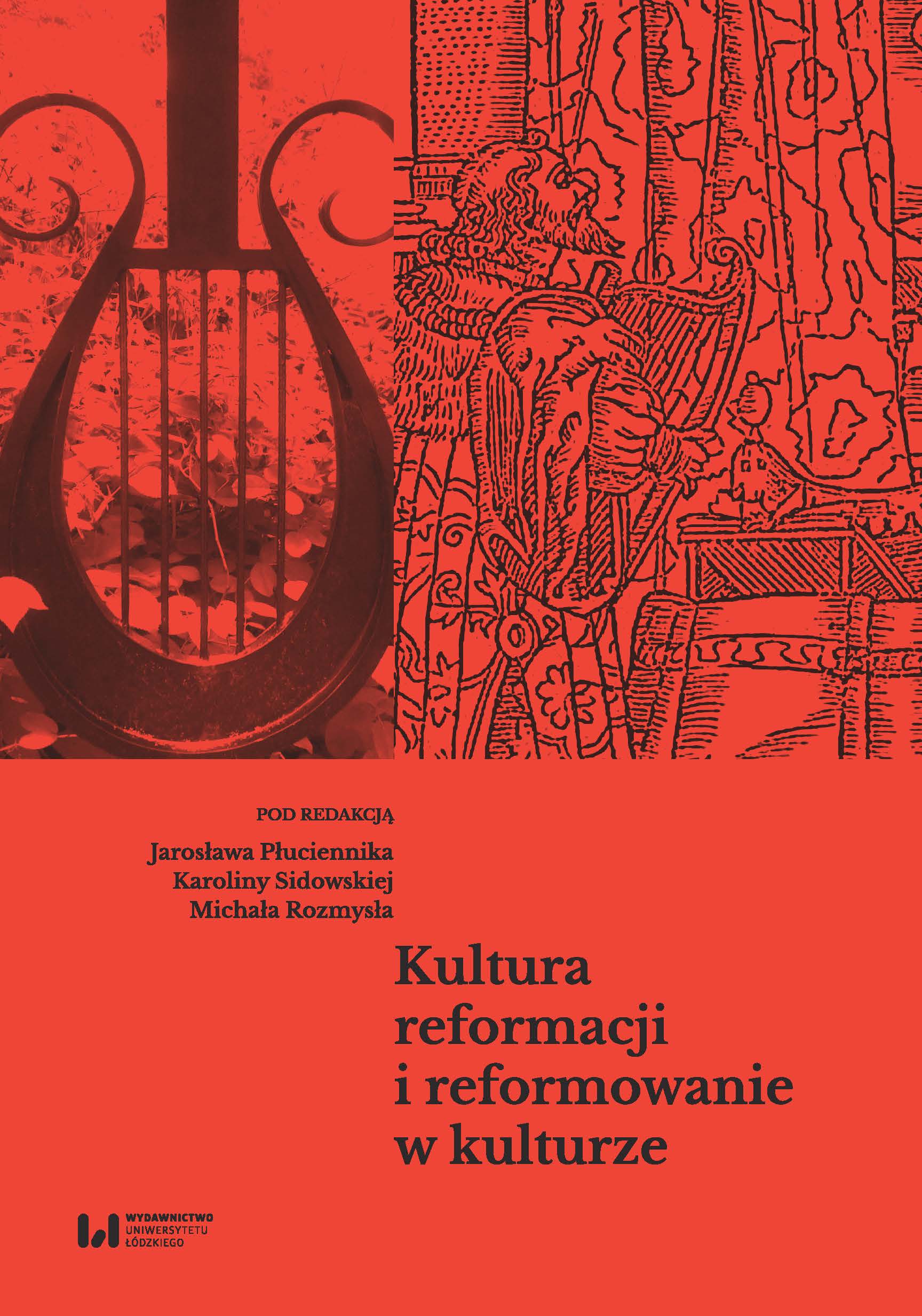Myśl reformacji – wstęp do oświecenia
Reformation Thought – Introduction to the Enlightenment
Author(s): Tadeusz Krzysztof Sznajderski
Subject(s): Theology and Religion, Politics and religion, Sociology of Religion
Published by: Wydawnictwo Uniwersytetu Łódzkiego
Keywords: Lutheranism; calvinism; labour’s ethic; capitalism; sociology of religion
Summary/Abstract: The author analyses main the main achievements of Max Weber (1864 - 1920), one of the founders of sociology. Weber studied the influence of Protestant ethical attitudes on the growth of capitalism. He stated that Protestantism gave rational principles and enabled such a rapid development of this form of economy in Western Europe. The foundation of the capitalist stance were: the principle of treating work as a theological obligation, the principle of intense work for the glory of God (and not for profit), the principle of asceticism that limits the use of profit solely for further economic development (investment, not luxury), the principle of rational conduct in daily life, the principle of using time to carry out duties. The basis of specific life attitudes of Protestant capitalists was rationalism, namely the use of reason to achieve maximum economic benefits. The ideas of the Reformation introduced and became the framework of the Enlightenment.
Book: Kultura reformacji i reformowanie w kulturze
- Page Range: 45-55
- Page Count: 11
- Publication Year: 2022
- Language: Polish
- Content File-PDF

